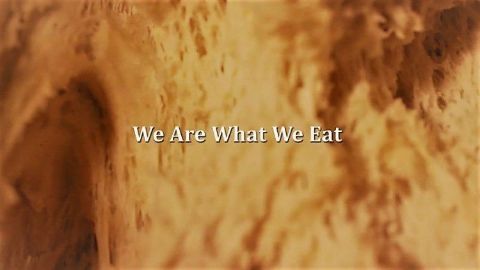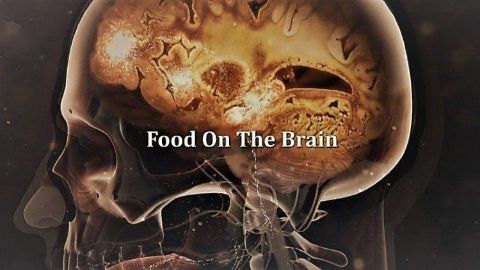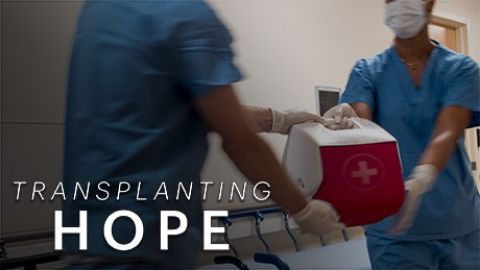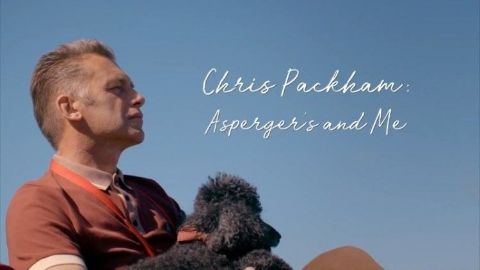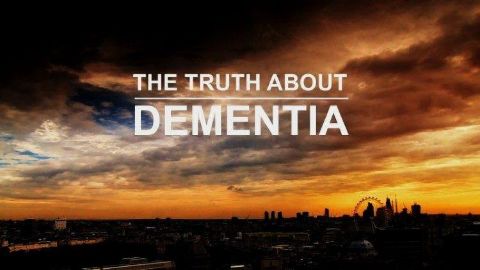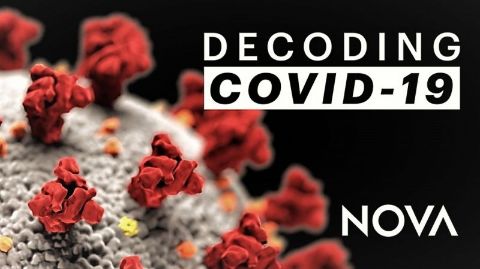We are What We Eat • 2017 • episode "S1E1" • The Secrets of Your Food
In the opening episode, they explore how this chemistry fuels and builds our bodies. Michael begins by trying the first meal most of us enjoyed, human breast milk, which contains everything a baby needs - fats, carbs, vitamins and minerals. As we grow, we continue to seek the same chemistry in our diet but from a wide variety of scrumptious fare as Michael and James discover. In San Francisco, they unravel why sourdough bread is so good for us, in the Philippines, they learn how a river weed - rice - has become a comforting staple food, and in Bulgaria, they discover why letting your mushrooms sunbathe may help you get a calcium boost from your dairy food.
Make a donation
Buy a brother a hot coffee? Or a cold beer?
Hope you're finding these documentaries fascinating and eye-opening. It's just me, working hard behind the scenes to bring you this enriching content.
Running and maintaining a website like this takes time and resources. That's why I'm reaching out to you. If you appreciate what I do and would like to support my efforts, would you consider "buying me a coffee"?
Donation addresses
BTC: bc1q8ldskxh4x9qnddhcrgcun8rtvddeldm2a07r2v
ETH: 0x5CCAAA1afc5c5D814129d99277dDb5A979672116
With your donation through , you can show your appreciation and help me keep this project going. Every contribution, no matter how small, makes a significant impact. It goes directly towards covering server costs.
